Surprising Pets: Which Exotic Animals Are Legal to Own at Home?
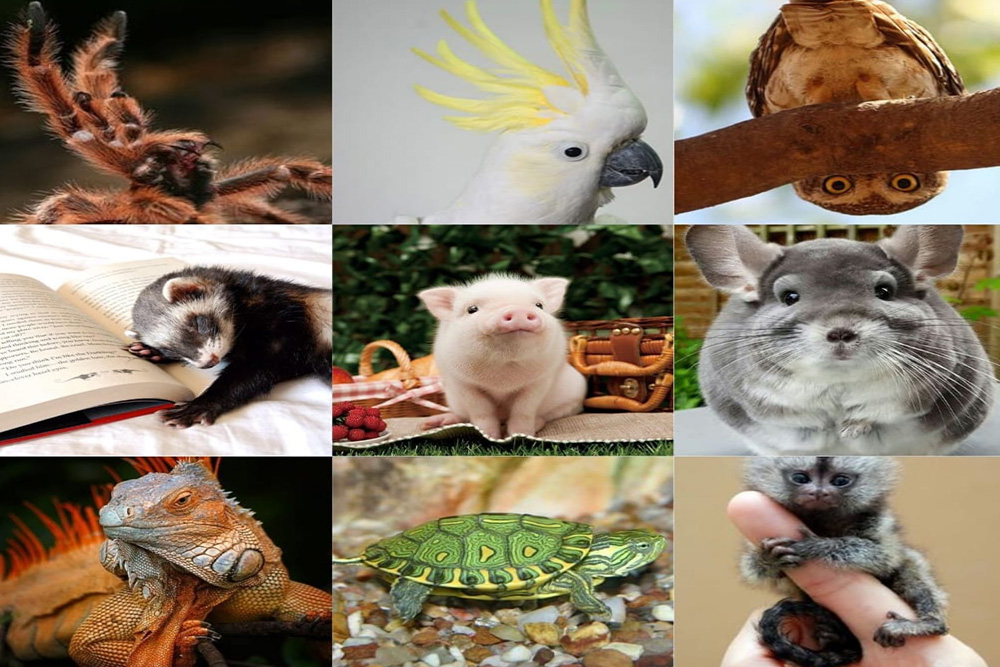
Exotic animals, also known as non-traditional or non-domesticated animals, have become increasingly popular as pets in recent years. However, owning an exotic animal requires careful consideration and responsible care to ensure their health and safety.
Caring for Exotic Animals
Exotic animals have unique needs that must be met to ensure their well-being. Proper diet, living conditions, and medical care are essential for their health. Additionally, owners must have knowledge of the specific behaviors and requirements of their animal to provide the best care possible.
Related articles
1- How to introduce new foods to your pet’s diet
2- 5 Tips to maintain your pet’s healthy weight
3- Natural foods that can be included in your pet’s
4- The benefits of a natural diet for dogs and cats
Advantages of Owning an Exotic Animal
Owning an exotic animal can provide a unique and rewarding experience for their owners. They are often fascinating creatures with distinctive personalities and behaviors that can offer a deeper connection than traditional pets. Additionally, owning an exotic animal can be a conversation starter and a way to educate others about different species.
Disadvantages of Owning an Exotic Animal
While there are benefits to owning an exotic animal, there are also drawbacks to consider. The cost of care and maintenance for these animals can be high, and they often require specialized care that can be challenging for inexperienced owners. Additionally, some exotic animals may pose a danger to their owners or others if not handled properly.
The Danger of Owning an Exotic Animal
Owning an exotic animal can be dangerous, both for the owner and the animal. These animals can pose a threat to their owners and others if not properly contained or trained. Additionally, some exotic animals may carry diseases that can be transmitted to humans, leading to serious health risks.
Who Can Own an Exotic Animal
In many places, owning an exotic animal is regulated by law to ensure the safety and welfare of the animal and the public. Owners must meet specific requirements and obtain necessary permits and licenses to legally own an exotic animal. In some cases, only licensed professionals or institutions may own certain types of exotic animals. It is essential to research local laws and regulations before considering owning an exotic animal.
Exotic pets can be fascinating and unique additions to any household. While some exotic animals are illegal to own in certain states or countries, there are many that are legal to own with the proper permits and care. Here are 10 exotic pets that are legal to own in many places across the United States:
- Capybara: The capybara is one of the largest rodents in the world and can weigh up to 140 pounds. They are semi-aquatic animals and require access to water to swim around. Capybaras are social animals and do better in groups. They are legal to own in Texas and Pennsylvania, and in other states with proper licensing.
- Bearded Dragon: Bearded dragons originate from Australia and are common house pets in the United States. They can grow up to two feet long and have a calm nature, making them good first pets for kids. Bearded dragons are legal to own in the United States and sold in most pet stores.
- Serval Cat: The Serval is an exotic cat from Africa that is not always an ideal pet for everyone. They are not typically aggressive but can be difficult to own as they are still considered “wild.” Laws on exotic cat ownership vary by state, so it’s important to consult your local government before bringing one into your home.
- Fennec Fox: The fennec fox is a small nocturnal fox found in the Sahara of North Africa. They have large ears and require an outdoor enclosure with plenty of space to run and play.
- Hedgehog: Hedgehogs are small, spiny mammals that are native to parts of Europe, Asia, and Africa. They are legal to own in many states but may require a permit.
- Sugar Glider: Sugar gliders are small marsupials native to Australia, Indonesia, and Papua New Guinea. They have a membrane between their front and hind legs that allows them to glide through the air.
- Chinchilla: Chinchillas are small rodents native to the Andes Mountains in South America. They have soft, dense fur and require a cool and dry environment.
- Tarantula: Tarantulas are large, hairy spiders that can make fascinating pets for those who aren’t afraid of them. There are many different species of tarantulas, each with their own specific care requirements.
- Skunk: Skunks are known for their ability to spray a foul-smelling liquid when threatened, but domesticated skunks have their scent glands removed at a young age.
- Wallaby: Wallabies are small marsupials native to Australia and New Guinea. They require a large outdoor enclosure with plenty of space to hop around.
It’s important to note that while these animals may be legal to own in some states, they may not be legal in others or may require specific permits or licenses. Additionally, owning an exotic pet comes with great responsibility as they often have specific care requirements that must be met.
As for which exotic pets are legal in the UK, it varies by country . It’s important to research local laws before acquiring an exotic pet.
In conclusion, owning an exotic pet can be a unique and rewarding experience. However, it’s important to thoroughly research local laws and regulations before acquiring one. In the US and UK, there are many exotic pets that are legal to own with the proper permits and care. These can include animals such as capybaras, bearded dragons, and hedgehogs.
It’s important to remember that owning an exotic pet comes with great responsibility. These animals often have specific care requirements that must be met in order for them to thrive in captivity. This can include providing a suitable habitat, proper diet, and veterinary care. It’s important to ensure that you are able to meet these needs before acquiring an exotic pet.
Additionally, it’s important to consider the impact of the exotic pet trade on wild animal populations. Many times, animals are captured from the wild illegally to supply demand for exotic pets. This can have devastating effects on animal populations worldwide. By choosing to acquire an exotic pet from a reputable breeder or rescue organization, you can help reduce the demand for wild-caught animals.
In summary, owning an exotic pet can be a unique and rewarding experience. However, it’s important to thoroughly research local laws and regulations, as well as the specific care requirements of the animal you wish to own. By being a responsible pet owner, you can help ensure that your exotic pet thrives in captivity and that wild animal populations are protected.
Sobre o Autor
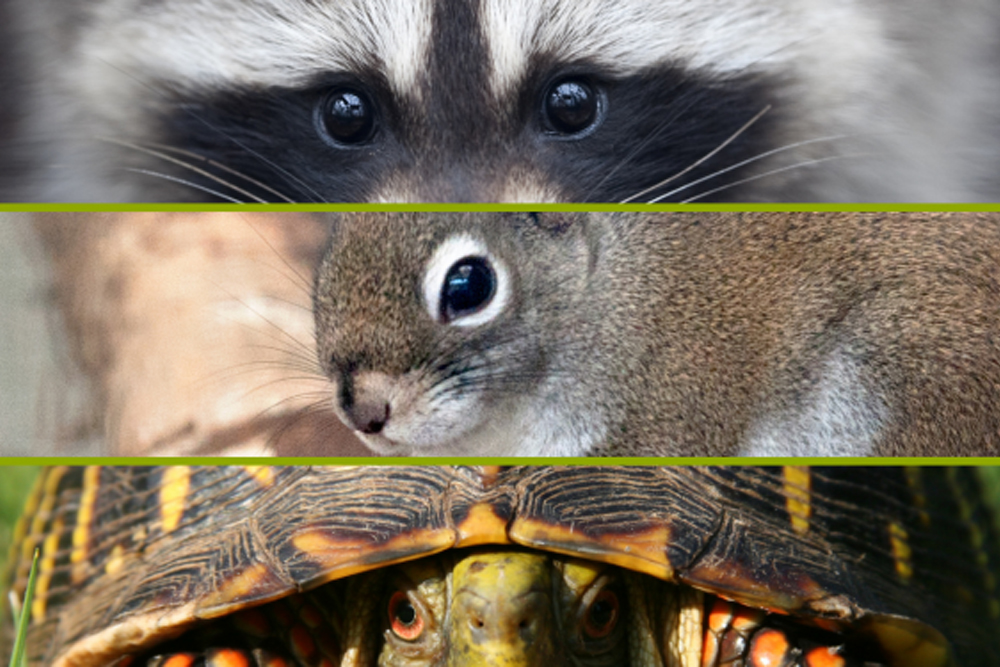
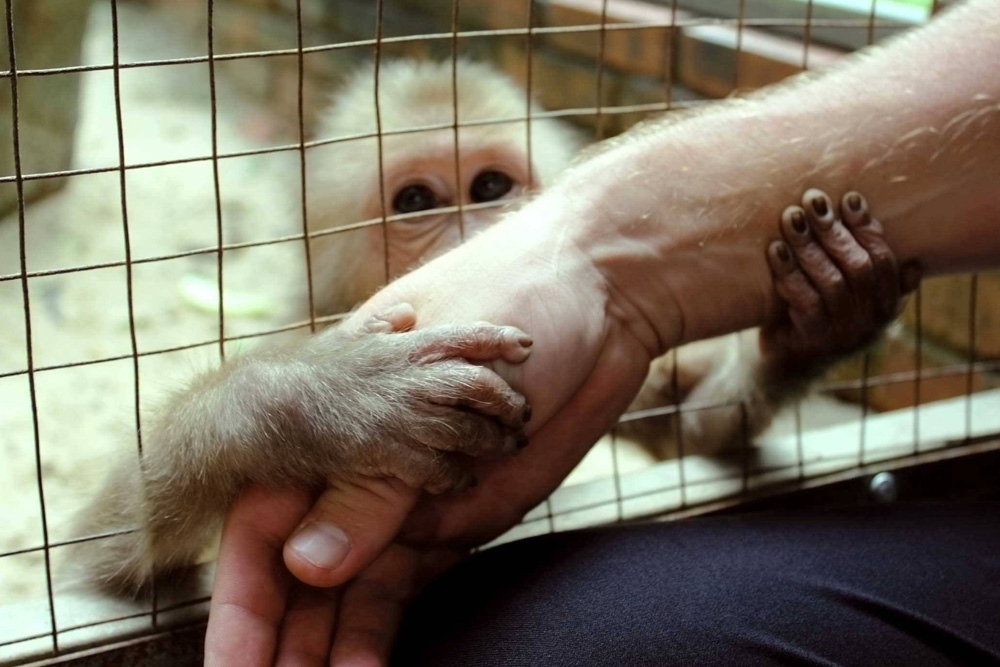
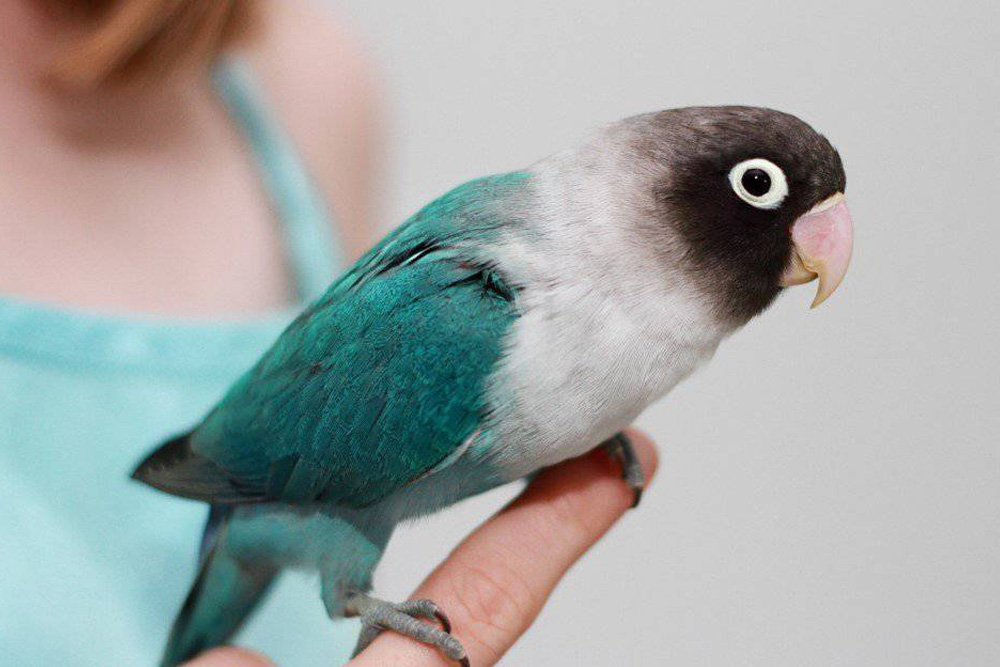
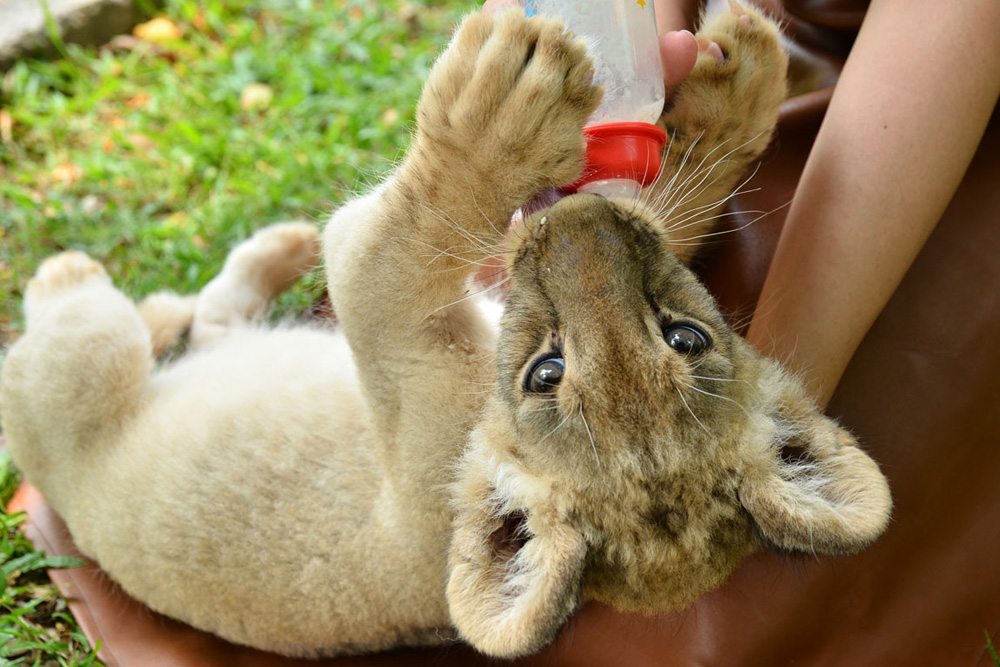
0 Comentários